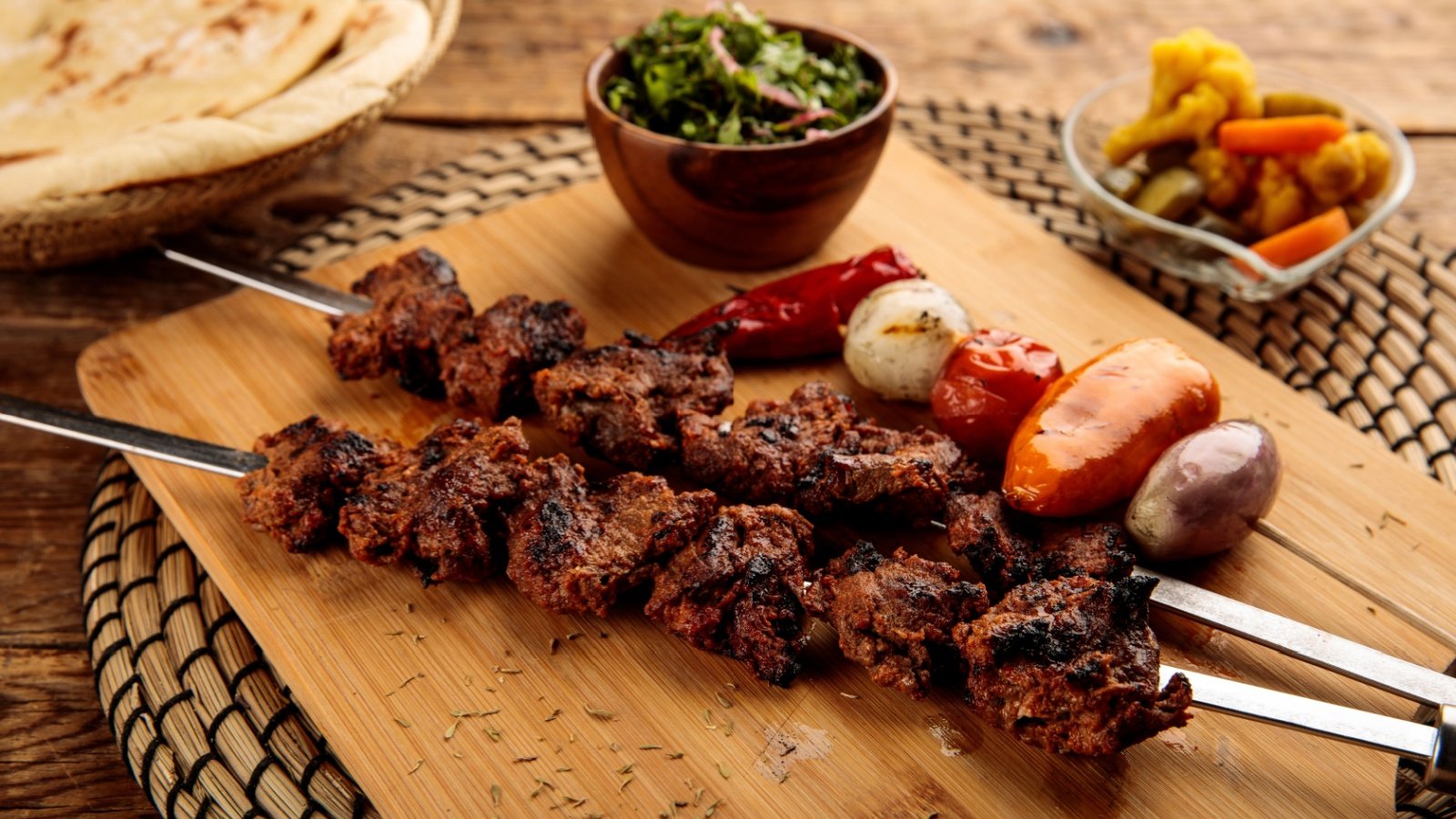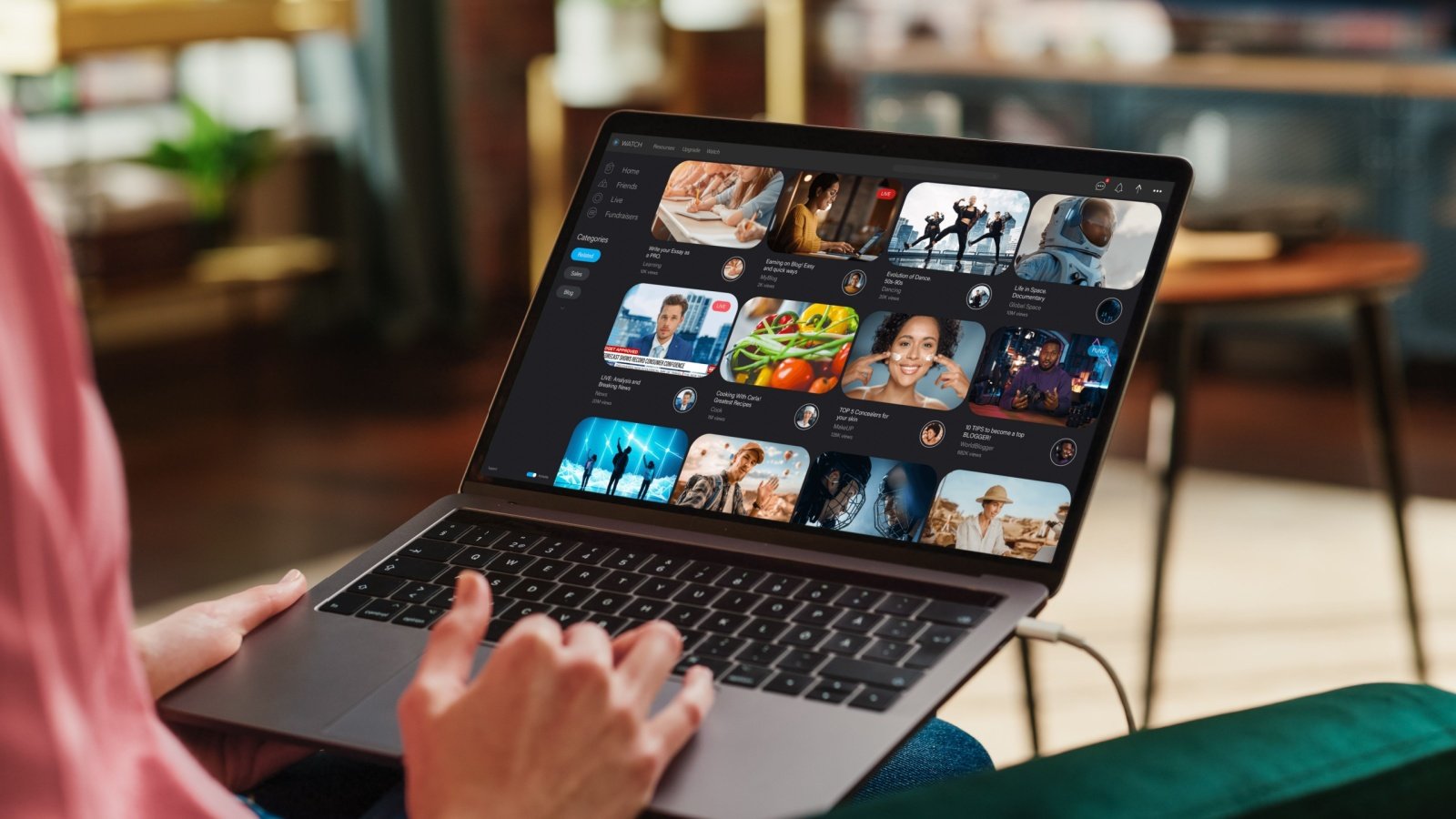Generation Z is disrupting tradition and bringing a fresh perspective to everything from the workplace to entertainment to social norms. Unlike previous generations, they question the relevance and fairness of longstanding practices, advocating for change and inclusion. Let’s explore the top traditions Gen Z is redefining to set their own standards.
Formal Dress Codes

Gen Z challenges the strict corporate dress codes that define professionalism by attire. They advocate for work environments where personal expression through clothing is not just tolerated but encouraged. This shift reflects a broader push for workplaces to adapt to individuality and comfort over conformity.
9-to-5 Work Hours

The traditional 9-to-5 work schedule is being questioned by Gen Z for its lack of flexibility. They favor work environments that accommodate different lifestyles and productivity patterns, advocating for results-oriented work environments. This preference supports a balance of work and personal life, acknowledging that high-quality work can occur outside traditional hours.
Gender-Specific Roles

Gen Z is pushing back against the gender roles that have historically dictated personal and professional paths. They champion roles based on skills and interests rather than gender, promoting a more inclusive society where everyone can pursue their passions free from stereotypes.
Buying a Home

The goal of homeownership doesn’t hold the same allure for Gen Z as it did for previous generations. Faced with economic instability and an appreciation for mobility, many prefer renting as a more flexible and less financially burdensome option.
Diamond Engagement Rings

Gen Z questions the tradition of spending large sums on diamond engagement rings, seeing it as an unnecessary expense and often an unethical one due to the mining practices involved. They prefer more sustainable and personal alternatives that reflect their values.
Meat Consumption

With a growing concern for the environment and animal welfare, many in Gen Z opt for vegetarian or vegan diets, rejecting the meat-centric meals of their forebears. They view reducing meat consumption as essential to sustainability, pressuring food industries to adapt.
Cable Television

Gen Z prefers streaming services that offer on-demand content without the commitment of a cable contract. This generation values control over their media consumption, choosing what, when, and how they watch.
Physical Media

Gen Z favors digital formats that reduce clutter and are accessible on the go. They appreciate the convenience and sustainability of digital libraries over accumulating physical items. This preference drives changes in how content is produced and consumed.
Traditional Marriage

Gen Z often views long-term partnerships without marriage as equally valid. They challenge the idea that marriage is the ultimate relationship goal, focusing instead on the quality and mutual growth within a partnership.
Formal Education Paths

The traditional path of completing high school, followed by college, and then pursuing a career is being reevaluated by Gen Z. Many question the high cost of college education and explore alternatives like trade schools, apprenticeships, or online courses that offer more direct career routes.
Political Party Loyalty

Gen Z is less likely to blindly follow a political party based on family tradition, preferring to evaluate candidates and parties on their current policies and integrity. They are more issue-focused, supporting those who align with their values on key issues like climate change, equality, and economic reform.
Regular Church Attendance

Gen Z prefers spirituality over structured religious practice. They seek personal growth and community in more diverse, often non-traditional ways, reflecting broader shifts in religious affiliation and practice across many cultures.
Holiday Spending

Gen Z is rethinking how much to spend during holidays, rejecting intense commercialization pressures. They prefer making meaningful, often homemade gifts or sharing experiences rather than engaging in excessive spending, challenging traditional retail models.
Big Wedding Celebrations

The big, traditional wedding with its significant expenses is being foregone by many Gen Zers, who opt for smaller, more intimate ceremonies. They question the lavish spending on a single event and instead choose to invest in their future, like travel or home buying, reflecting a pragmatic approach to finances and celebrations.
Being Defined by a Job

Gen Z resists identifying solely with their profession, valuing work-life balance, and seeking fulfillment in various aspects of life. They prioritize personal development and leisure, advocating for a life that is rich in experiences outside of professional achievements.
Manual Car Driving

Gen Z shows less interest in learning to drive manual cars. They are more receptive to emerging technologies that promise convenience and reduced environmental impact, signaling a shift in how future generations will interact with personal transport.
Gender Reveal Parties

Gen Z challenges the tradition of gender reveal parties, which reinforce outdated gender binaries. They advocate for letting identity unfold without labels, promoting acceptance and flexibility in how individuals come to understand their gender.
Wearing Suits to Work

The strict corporate uniform of suits and ties is being abandoned by Gen Z in favor of business casual or creative attire that allows for individual expression. They see traditional business attire as restrictive and outdated, preferring environments where they can dress more comfortably and authentically.
Drinking Alcohol for Socializing

Gen Z is drinking less alcohol than previous generations, often choosing non-alcoholic options or focusing on other activities for socializing. They view excessive alcohol consumption as unnecessary for enjoying social interactions and value health and well-being over traditional social norms.
Owning a Landline Phone

The traditional landline phone is considered obsolete by many in Gen Z, who have grown up with mobile phones and messaging apps. They see no reason to maintain a landline when all necessary and emergency communications can be handled on mobile devices.
Writing Checks

Gen Z prefer digital transactions and are more likely to use online banking, payment apps, and digital wallets, which offer instant transfers and a better track record of transaction history. This preference is part of a larger move away from paper-based systems to digital solutions.
Long Commutes

Gen Z values time and efficiency and, therefore, dislikes the tradition of long commutes to work. They favor working from home or seeking employment close to where they live to avoid the time and stress associated with commuting.
Consuming Dairy

There’s a growing trend among Gen Z to avoid dairy products, driven by both health concerns and ethical considerations about animal welfare. They are more likely to consume plant-based milk alternatives, which they perceive as more sustainable and kinder to animals.
Cover Letters

Gen Z questions the relevance of cover letters in job applications, viewing them as often redundant and ineffective. They prefer application processes that use new technologies and direct demonstrations of skills, such as digital portfolios or problem-solving challenges.
Penmanship Classes

With the prevalence of digital communication tools, they argue for more relevant skills like typing and digital literacy in school curriculums. This reflects changing technological landscapes and communication practices.









Great work! This is the type of info that should be shared around the web. Shame on the search engines for not positioning this post higher! Come on over and visit my site . Thanks =)